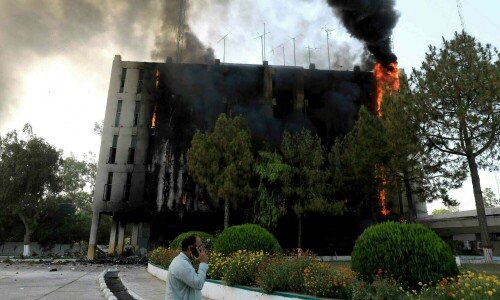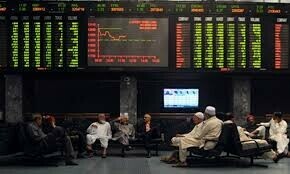
KARACHI: There are around 150 well-stocked Utility Stores across the city, yet customers prefer going to supermarkets and warehouses for their grocery shopping mainly due to the slashing of government subsidies, it emerged on Monday.
“We got sugar after a gap of five to six months. Actually, we weren’t being able to get good quality sugar from the market earlier,” said the person behind the counter at a utility store in Clifton.
“Since we don’t compromise on quality, we had to get the right quality at the right price as the government is no longer interested in extending subsidies to us,” he explained.
But he added that despite the lack of government subsidies, they still managed to acquire good clean stuff like rice, lentils and flour. “The lentils we have are not only economical but since we pick up lentils from the wholesale market before they can be polished the defects in them, if any, are clearly visible. For instance, holes made by worms can be hidden from the eye after a coat of polish, which doesn’t happen with our lentils,” he said.
“Also everything from the wholesalers first goes to our warehouse for checking and quality control and only then is it delivered to the stores,” he added.
Yet people are not forming queues at utility stores like they once used to. Mohammad Riaz, regional manager of Utility Stores Corporation for Karachi South, explained: “It all narrows down to lack of government subsidies. These items we sell don’t grow on trees after all. We have to procure them from the market and due to the subsidy issue, the differences in prices are no longer as significant that the customers would be frequenting utility stores.
“Yes, a few items such as flour is cheaper at utility stores. We are selling flour at Rs380 per kilogram while in the market it is Rs420 or Rs425. Also here the prices of Unilever, Colgate and Tapal products are slightly less than at other places. But either people don’t care about these differences in rates or they haven’t even noticed them,” said the regional manager.
“Earlier, during Gen Musharraf’s time and by his orders there was a utility store in every union council. But as people are no longer coming to the stores, some stores are also having trouble paying rent for their premises. Those no longer considered viable are, therefore, being closed down. We have closed two stores in Karachi South. Altogether some eight stores have been closed down all over the city due to this reason alone,” said Mr Riaz.
Published in Dawn, February 23rd, 2016













































